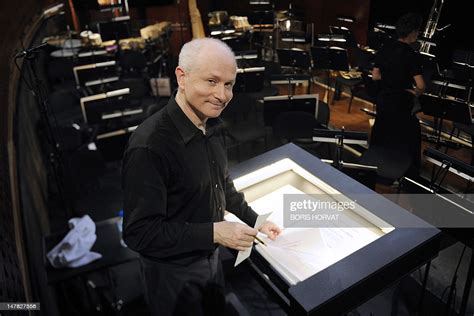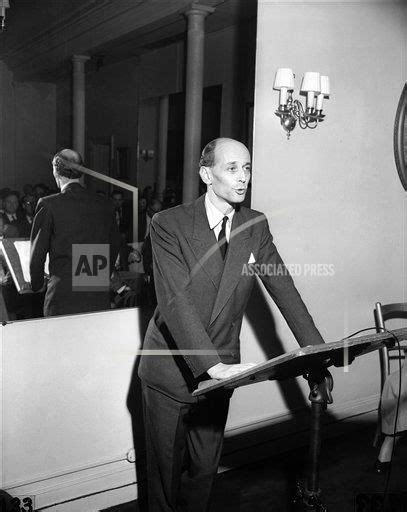A Quote by Kate O'Mara
The ghastly thing about being a producer is that, once the curtain goes up, there is nothing you can do. At least when you are in it, you have some measure of control. If something goes wrong, you can maybe put it right. When you are in the audience, there is nothing you can do.
Related Quotes
There's nothing wrong with commercial art. There's nothing wrong with consumer society. There's nothing wrong with advertising. There's nothing wrong with shopping and spending money and being paid. There's nothing wrong with any of these things. These are things we do. I just think it's important to look at them from a different perspective - to see how bizarre and banal these rituals we partake in are. It's just important to think about them, I think, and to carry on. Life is about retrospection, and I think that goes for every facet of life.
I think it is unnatural to think that there is such a thing as a blue-sky, white-clouded happy childhood for anybody. Childhood is a very, very tricky business of surviving it. Because if one thing goes wrong or anything goes wrong, and usually something goes wrong, then you are compromised as a human being. You're going to trip over that for a good part of your life.
Just like I described in health care, yeah, somebody comes in, they got new ideas, maybe ideas that are completely opposite of my ideas. Maybe some of it goes, maybe some of that progress goes back. Maybe they think of some things we didn't think of, and so in some other areas - we can learn something.
One does odd things. You see, when one's young one doesn't feel part of it yet, the human condition; one does things because they are not “for good”; one thinks everything is a rehearsal - to be repeated ad lib, to be put right when the curtain goes up in earnest. One day you know that the curtain was up all the time. That was the performance.
Nothing wrong with changing your mind. That's a very unwaffling thing to say: "Nothing wrong..." Who am I to say that there's nothing wrong with it? Maybe something is wrong with changing your mind. Anyway, love is very, very difficult. I love. But probably because I hate myself on some deep, sick level, it makes loving difficult. But I do try.
Anybody who's done standup will tell you that there's nothing like it. The show starts at 8:00, the curtain goes up and there's nobody else except you and the audience, and you just perform for them for two hours. Nobody yells, 'Cut!' There are no retakes. That is still the most exciting medium for me, and I love it.
If you really want to communicate something, even if it’s just an emotion or an attitude, let alone an idea, the least effective and least enjoyable way is directly. It only goes in about an inch. But if you can get people to the point where they have to think a moment what it is you’re getting at, and then discover it, the thrill of discovery goes right through the heart.


































